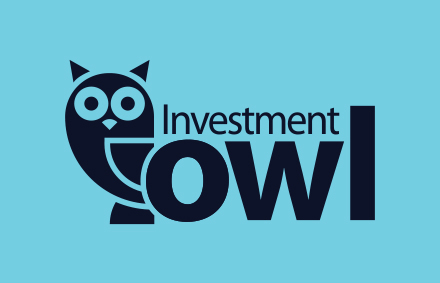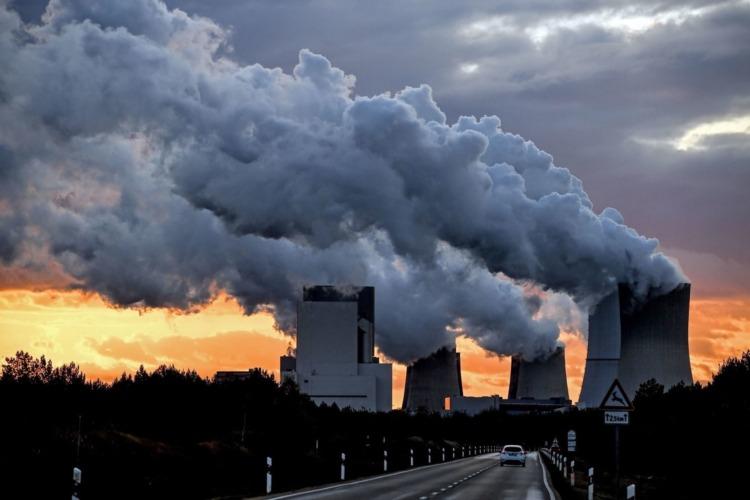
Whilst to some who live in the cities of Northern Europe climate change may be an interesting dinner party conversation, to those of us who live in economies dominated by agriculture it is a reality that is dramatically changing the environment we live in, the lives of those we love, and the economies that our countries depend on.
When I first came to Uganda in 2006 I asked a local in southwest Uganda when the rainy season began. “The eighteenth of April or the next day,” he replied. And he was right. But just fifteen years later none of us would be certain. And few of our educated guesses would be right.
With COP26 this year, the milestones linking climate, nature and people was essential that the best minds in finance, commerce, technology and supply-chain apply their expertise to how we act to save our planet, protect our environments and prosper our peoples. The inescapable fact is that if we do not do so then the cost to all of us, and our children and grandchildren, will be a price that we simply cannot afford to pay.
There is, of course, the need to legislate and that will hopefully happen in a unified and fair way by governments that recognise that the heaviest price paid in terms of climate change is by those countries that have contributed the least to carbon emissions and pollution. In this regard, the outcomes of the Glasgow event were underwhelming and condemned the poorest in Africa to the now very real fate of the effects of unmitigated climate change outcomes.
Legislation is not generally the responsibility of financiers, entrepreneurs and businesspeople, but innovation is. And whilst legislation will be imperative to restrain the polluters and set boundaries that cannot be broken by governments, businesses, manufacturers and individuals, it is just as essential that the business community and the finance industry co-operates to fund and deliver innovation that moves us towards a net-zero economy and meaningful progress on reversing climate change.
COP26 recognised that finance is key to achieving its goals – indeed the third of these goals is to mobilise finance as follows:
Mobilise finance To deliver on our first two goals, developed countries must make good on their promise to mobilise at least US$100bn in climate finance per year by 2020.
And it goes on to say:
International financial institutions must play their part and we need to work towards unleashing the trillions in private and public sector finance required to secure global net zero.
It is the private sector financiers and investors, and the trillions of dollars that they have access to that excites me most. Because outside of the governments, politicians, civil servants, lobbyists and pressure groups that thronged the Conference there is a cohort of entrepreneurs that are passionate about reversing climate change, that have fantastic commercially viable and innovative ideas, but who require funding and strategic support to make these ideas a reality.
And so I want to suggest that as well as taking personal responsibility for our carbon footprint and doing all that we can to minimise our negative impact on Planet Earth, we should also be investing in line with environmental, social and governance principles at all times – and ensuring that 20% of our investments in 2021/22 should be directly targeted at investments that will have a positive environmental impact.
I have worked in the Alternative Investment sector for more than three decades and watched with delight as innovative, exciting and impactful ideas that can change the direction of climate change are ratified and structured to allow investors to be part of the solution.
At the current time, we are helping to raise money for a number of game-changing technologies and implementations including:
- A scientist has developed a coating that dramatically improves the performance and lifespan of solar panels.
- A business that recovers waste heat from industrial processes and converts that into useful energy to make electricity.
- A global leader in renewable energy, bespoke financing, consulting, project management and development, with expertise across renewable energy solutions. They are active throughout Australia, Europe, SE Asia and North America where they work with clients at the local level to provide a customised solution to individual challenges.
- A one-stop provider of mobile fully managed infrastructure solutions aimed at electric vehicles. They allow private and commercial EV operators to experience similar levels of user convenience and productivity as with internal combustion engine vehicles.
- An advanced nano-materials company whose materials are designed to efficiently convert incident high-energy light into lower-energy light which dramatically improves the performance of photo-voltaic cells.
- A programme that seeks to help small-holder farmers to develop a truly circular economy in the context of their farms where organic operation yields massively improved returns with positive environmental impact.
- An indoor farm that uses vertical aeroponics to reduce water use by more than 80% whilst eliminating pesticides and fertilisers, reducing grow times by more than 50% and increasing productivity by more than 20%. These indoor farms can be built in small areas and city centres which will also dramatically reduce food miles.
- A mobile application that allows businesses to swap or give away IT and office equipment in a way that reduces waste, empowers smaller businesses and meets their responsibilities for safe and environmentally compliant disposal of assets.
All of these opportunities are commercially credible and offer a yield far higher than that which the banks would give for a foreign currency investment. Investors typically commit between US$10k and US$250k into a business that offers them both security and the chance to make a positive impact in the vital area of climate change.
In summary, it really is possible to be both a successful and an impactful investor. Alternative investments can empower brilliant people, make fantastic ideas a reality, and positively impact the world that our children and grandchildren will inherit.
COP26 has the resources to discuss, agree and legislate. It does not have the financial resources to help the world fulfil its potential by deploying new technologies, systems and ideas. The business and investor community does and now is the time. The alternative is too bleak to consider.
Jon Pedley is Chief Operating Officer, Investment Owl. For more information contact Jon at: jon@investmentowl.com
